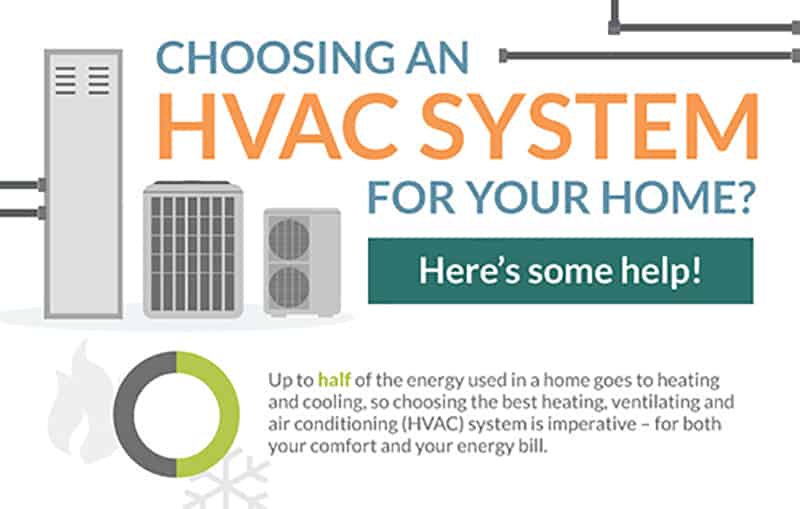Heatpump Vs Heating System - Which Is The Better Home Heating Option For Your Home?
Heatpump Vs Heating System - Which Is The Better Home Heating Option For Your Home?
Blog Article
Material Writer-Ashworth Niebuhr
Numerous homeowners know with furnaces, which warmth homes with oil or natural gas and press hot air with ductwork. learn more are reasonably cost-effective and can offer dependable home heating even throughout a winter power blackout.
Nevertheless, they make use of fossil fuels and generate carbon monoxide and various other air contamination. They additionally aren't as energy-efficient as a high-efficiency heat pump.
Expense
Generally, heat pumps are a lot more affordable to operate than heaters. They commonly use electricity and cooling agent to essence heat from outside air, and then transfer it into your home. You can benefit from cheaper electrical energy prices throughout off-peak hours to better reduce your home heating expenses.
Unlike heat pumps, gas or wood-burning heating systems utilize combustion to create warmth, giving off flue gases into the atmosphere that can be hazardous to your health. These furnaces are likewise less energy-efficient than heatpump, and their greater operating expense can add up in time.
Heating systems are more complicated than heat pumps and call for normal upkeep to ensure the correct feature of all components. Despite this, they often tend to last longer than heatpump with a common life expectancy of two decades or even more. However, you'll need to factor in the expense of gas, fuel oil or timber and the extra equipment required for setup and operation such as ducts and air flow systems.
Energy Performance
Heat pumps have a higher energy efficiency score than furnaces. These systems use electrical power to feed on warmth from the air, even in freezing temperature levels. They can additionally eliminate excess warm from the home throughout warmer months and reuse it to cool down the system. copyright experts can help you figure out the most effective design for your home based on environment and source power prices.
Furnaces shed fuel oil, propane, gas or other types of nonrenewable fuel source to heat up the air in the home. Suggested Browsing is after that spread with ductwork using a large fan. Heaters produce greenhouse gases and call for routine maintenance and tools upgrades to make sure risk-free operation.
The most significant advantage of a furnace is that it can be operated also in extreme wintertime conditions because it does not rely upon outdoor temperature levels to warm the air. Heating systems also have a longer life-span than heatpump and usually last 15 years. They can likewise be coupled with dual fuel options, which select one of the most effective heating choice based upon the weather condition.
Environment
Heatpump work well in moderate environments and utilize much less source energy than heating systems. Nevertheless, if your area is exceptionally cold, you may require to invest in a basic gas furnace rather.
Heating systems supply warm, comfortable heat and commonly use quick home heating to elevate interior temperature levels. These systems can be utilized with a selection of gas types, consisting of natural gas, gas, oil or electrical power.
They consume much more power than heatpump-- approximately 3x as much-- and call for ductwork that's costly to set up or retrofit. They're likewise much more expensive to maintain, as they can trigger air quality concerns and create greenhouse gas discharges.
If you're dedicated to reducing your carbon footprint, a heat pump is a good option for your home. They have fewer greenhouse gas discharges than heaters, especially if you pick a power STAR ® heat pump. Your neighborhood Service provider expert can describe the differences between these two heating systems and help you make the most effective decision for your unique requirements.
Individual Preferences
Furnaces can be really energy reliable when powered by gas, propane or oil, however they aren't as energy effective as heat pumps in freezing climates. They can additionally be extra expensive to mount, calling for gas lines and air flow systems.
Nonetheless, heating systems often tend to call for less maintenance, which can cause reduced ongoing expenses. They generate less greenhouse gases and are extra reputable than heat pumps during extreme weather condition.
Electric heatpump are more versatile in producing indoor convenience due to the fact that they can also work as a/c throughout warmer months. They can be more convenient to preserve, calling for just normal air filter adjustments and periodic vacuuming.
If you favor the benefit of a solitary system that does it all, think about a crossbreed home heating option that pairs a furnace with an electric heatpump. These systems can immediately switch over in between both home heating alternatives based on your home's demands and temperature problems, taking full advantage of performance and cost savings.